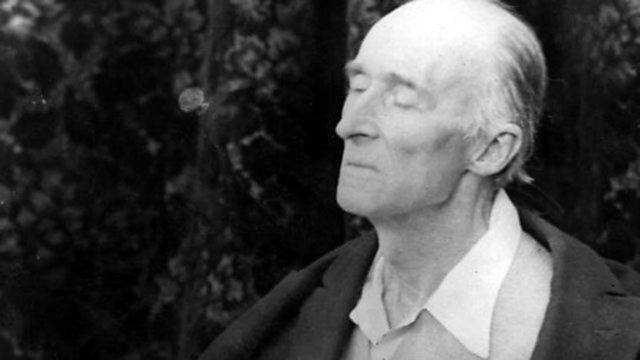Born on January 29, 1862, in Bradford, England, Frederick Delius embarked on a musical odyssey that would defy convention and establish him as one of the most distinctive voices in classical music. Delius was blessed with a rich upbringing, but his passion for music flourished during his travels across Europe and his encounters with diverse cultures.
Despite his father’s wishes for him to join the family business, Delius pursued his musical aspirations. He traveled to Florida to manage an orange plantation but soon found himself immersed in the vibrant musical tapestry of the Deep South. Influenced by the melodies of African-American spirituals and the sounds of nature, Delius began to compose.
- Early Life in Solitude: Frederick Delius was born on January 29, 1862, in Bradford, Yorkshire, England. Despite being born to a prosperous family in the wool trade, Delius showed an early interest in music, which his parents initially discouraged. He spent much of his youth exploring nature in the countryside, an experience that later influenced his compositions.
- Resistance to Family Expectations: Delius’ parents wanted him to join the family business, but his passion for music led him to resist. Eventually, they relented, allowing him to study music at the Leipzig Conservatoire in Germany, where he trained as a composer.
- Influences and Style: Delius’ musical style was heavily influenced by his time in Germany, where he was exposed to the works of Richard Wagner and Edvard Grieg. His compositions often feature lush harmonies, evocative melodies, and a strong sense of atmosphere, reflecting his love for nature and the outdoors.
- Exploration of Exoticism: Delius was fascinated by exotic cultures and often incorporated elements of non-Western music into his works. His travels to Norway, where he encountered traditional Norwegian folk music, inspired pieces like “On Hearing the First Cuckoo in Spring” and “Summer Night on the River.”
- Blindness and Compositional Technique: In 1903, Delius began to lose his sight due to syphilis, eventually becoming completely blind. Despite this setback, he continued to compose, relying on his acute sense of hearing and memory. His ability to compose without the aid of written notation is a testament to his remarkable musical talent.
- Partnership with Eric Fenby: During his later years, Delius formed a close working relationship with the English musician Eric Fenby, who acted as his amanuensis. Fenby transcribed Delius’ musical ideas onto paper, allowing him to continue composing despite his blindness. Their collaboration resulted in some of Delius’ most celebrated works, including “A Song of Summer” and “A Late Lark.”
- Recognition and Legacy: Although Delius’ music was not widely appreciated during his lifetime, he has since gained recognition as one of England’s most significant composers. His works, which range from orchestral pieces and chamber music to operas and choral works, continue to be performed and recorded by orchestras and ensembles around the world.
- Impact on Modern Music: Delius’ innovative use of harmony and form had a profound influence on 20th-century composers such as Benjamin Britten, Ralph Vaughan Williams, and Percy Grainger. His adventurous approach to composition paved the way for future generations of experimental composers.
- Love of Nature: Delius had a deep connection to nature, which he often expressed through his music. Many of his compositions, such as “In a Summer Garden” and “On Hearing the First Cuckoo in Spring,” capture the beauty and tranquility of the natural world, reflecting his belief in the spiritual power of music.
- Lasting Inspiration: Despite facing numerous challenges throughout his life, including illness and blindness, Delius remained dedicated to his art until his death on June 10, 1934. His enduring legacy as a composer continues to inspire musicians and audiences alike, reminding us of the transformative power of music to transcend adversity and connect us to the world around us.


Comments are closed